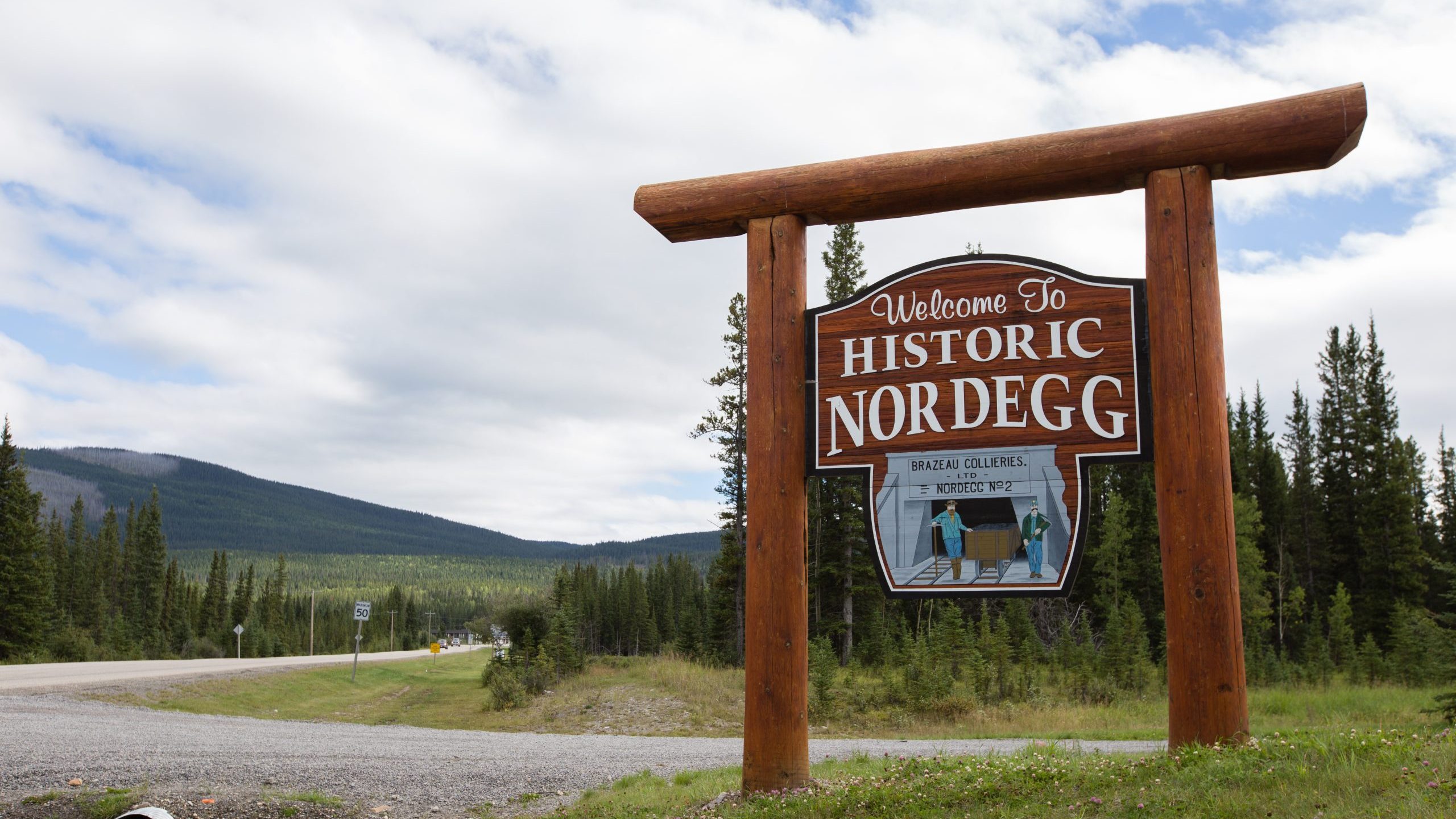More than a century after its founding, the former ghost town of Nordegg, Alta. is getting natural gas service, promising lower costs and more reliable energy for homes and businesses.
“Natural gas will be a huge game changer, especially for commercial use,” said Clearwater County Reeve Michelle Swanson.
The former coal mining town is no stranger to cold winters. During Alberta’s cold snap in January 2024, the hamlet broke its cold weather record reaching a bone chilling -45.8 degrees Celsius.
In the 1920s, Nordegg — tucked into the foothills of the Rockies about two hours west of Red Deer — was home to Alberta’s most productive coal mine, a fuel supply primarily for steam locomotives.
But demand declined following the Leduc No. 1 oil discovery in 1947, and the mine closed in 1955.
The population dwindled from a peak of nearly 3,000 people to as few as 27 at one point, said Swanson.
Today, about 90 people call the hamlet home, and the future is looking brighter.
“We’re slowly building up. We have more full time residents. We have businesses that are looking to locate there, a couple hotels. Tourism is the area’s primary industry,” Swanson said.
By adding access to natural gas and installing new fibre optic internet, Nordegg will be able to sustain new growth and attract development, she said.
In July, the Alberta government announced $2.5 million in funding to help build an 11-kilometre pipeline connecting the hamlet to a nearby gas plant. The $8-million project is also funded by the county and the Rocky Gas Co-Op.
With the new gas connection, residents could save up to 25 per cent on their utility bills, according to the province.
Swanson said that right now people in Nordegg get their energy from electricity, wood and propane.
“Electricity is the primary heat source, and your secondary is wood stoves and most of the businesses are also running off propane, because of the costs of electricity,” she said.
The biggest benefit of connecting to natural gas is reliability, she said.
“Number one is having the predictability that gas provides. It is going to be there on time. Propane, I mean, you can run out,” Swanson said.
Safety is another big factor in a region that can be prone to wildfires.
“I know our firefighters were worried that a wildfire could set off a lot of propane explosions, and that’s not helpful,” she said.
“At the end of the day to me, it’s all about the fact that you’re creating a safer community, and you’re having a more predictable fuel source.”
Pipeline construction began in February and is targeted for completion this fall.
The unaltered reproduction of this content is free of charge with attribution to the Canadian Energy Centre.
